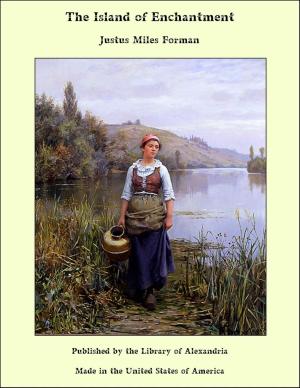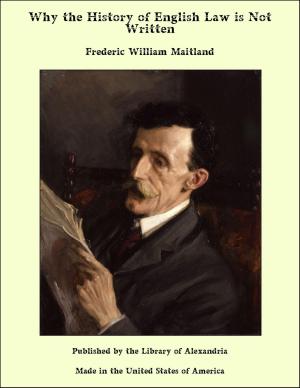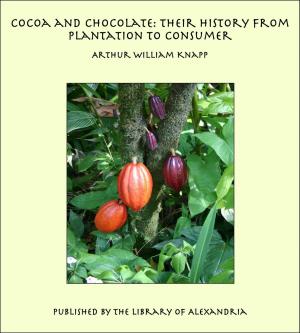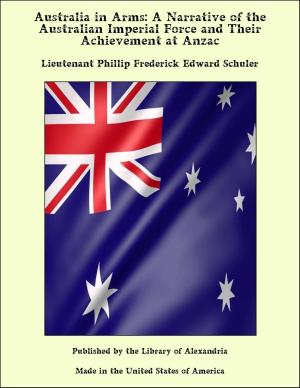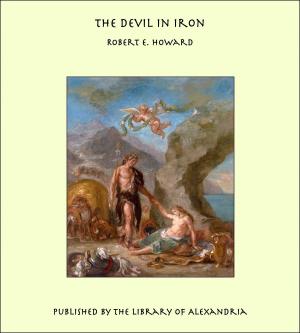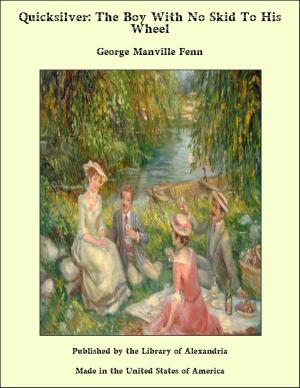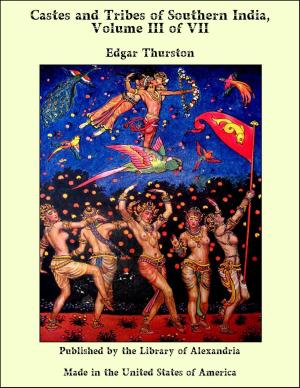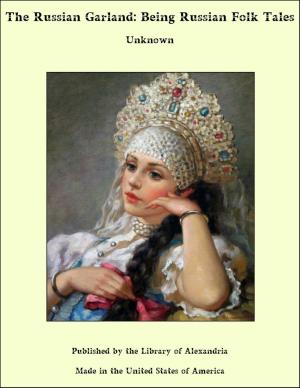Adventures in Africa By an African Trader
Nonfiction, Religion & Spirituality, New Age, History, Fiction & Literature| Author: | William Henry Giles Kingston | ISBN: | 9781465596741 |
| Publisher: | Library of Alexandria | Publication: | March 8, 2015 |
| Imprint: | Language: | English |
| Author: | William Henry Giles Kingston |
| ISBN: | 9781465596741 |
| Publisher: | Library of Alexandria |
| Publication: | March 8, 2015 |
| Imprint: | |
| Language: | English |
I gave a groan, for I was footsore and weary, and expected to have had a more satisfactory answer. We were making our way over a light-coloured soft sand, sprinkled in some places with tall grass, rising in tufts, with bare spots between them. In other parts were various creeping plants, and also—though I called the region a desert—there were extensive patches of bushes, above which here and there rose clumps of trees of considerable height. This large amount of vegetation, however, managed to exist without streams or pools, and for miles and miles together we had met with no water to quench our own thirst or that of our weary beasts. My uncle was engaged in the adventurous and not unprofitable occupation of trading with the natives in the interior of Africa. He had come down south some months before to dispose of the produce of his industry at Graham’s Town, where I had joined him, having been sent for from England. After purchasing a fresh supply of goods, arms, powder, and shot, and giving a thorough repair to his waggons, he had again set off northward for the neighbourhood of lake Ngami, where he was to meet his partner, Mr Welbourn, who had with him his son Harry, with whom I had been at school, and who was about my own age. We had, beyond the borders of the colony, been attacked by a party of savages, instigated by the Boers, two or three of whom indeed led them. They had deprived us of our cattle and men, we having escaped with a small portion only of our goods, two of our horses, a single ox and our one faithful Bechuana. To get away from our enemies we had taken a route unusually followed across the Kalahari desert. We were aware of the dangers and difficulties to be encountered, but the road was much shorter than round either to the east or west; and though we knew that wild animals abounded, including elephants, rhinoceroses, lions, leopards, and hyaenas, yet we believed that we should be able to contend with them, and that we should not be impeded by human savages. Day after day we trudged forward.
I gave a groan, for I was footsore and weary, and expected to have had a more satisfactory answer. We were making our way over a light-coloured soft sand, sprinkled in some places with tall grass, rising in tufts, with bare spots between them. In other parts were various creeping plants, and also—though I called the region a desert—there were extensive patches of bushes, above which here and there rose clumps of trees of considerable height. This large amount of vegetation, however, managed to exist without streams or pools, and for miles and miles together we had met with no water to quench our own thirst or that of our weary beasts. My uncle was engaged in the adventurous and not unprofitable occupation of trading with the natives in the interior of Africa. He had come down south some months before to dispose of the produce of his industry at Graham’s Town, where I had joined him, having been sent for from England. After purchasing a fresh supply of goods, arms, powder, and shot, and giving a thorough repair to his waggons, he had again set off northward for the neighbourhood of lake Ngami, where he was to meet his partner, Mr Welbourn, who had with him his son Harry, with whom I had been at school, and who was about my own age. We had, beyond the borders of the colony, been attacked by a party of savages, instigated by the Boers, two or three of whom indeed led them. They had deprived us of our cattle and men, we having escaped with a small portion only of our goods, two of our horses, a single ox and our one faithful Bechuana. To get away from our enemies we had taken a route unusually followed across the Kalahari desert. We were aware of the dangers and difficulties to be encountered, but the road was much shorter than round either to the east or west; and though we knew that wild animals abounded, including elephants, rhinoceroses, lions, leopards, and hyaenas, yet we believed that we should be able to contend with them, and that we should not be impeded by human savages. Day after day we trudged forward.


